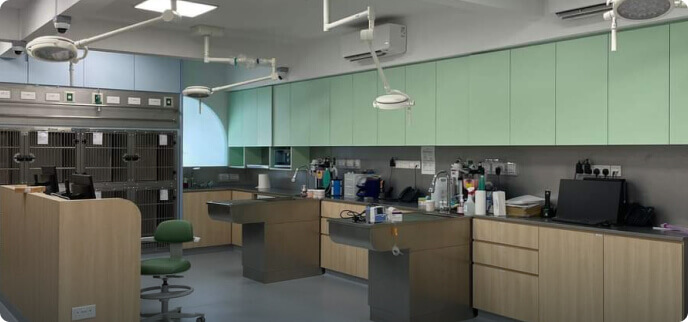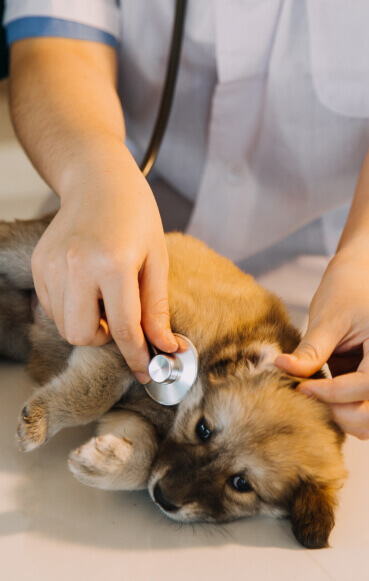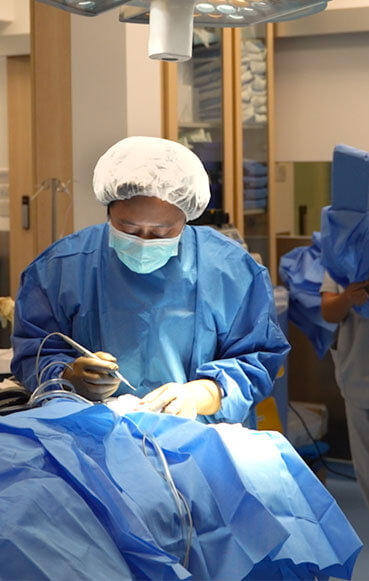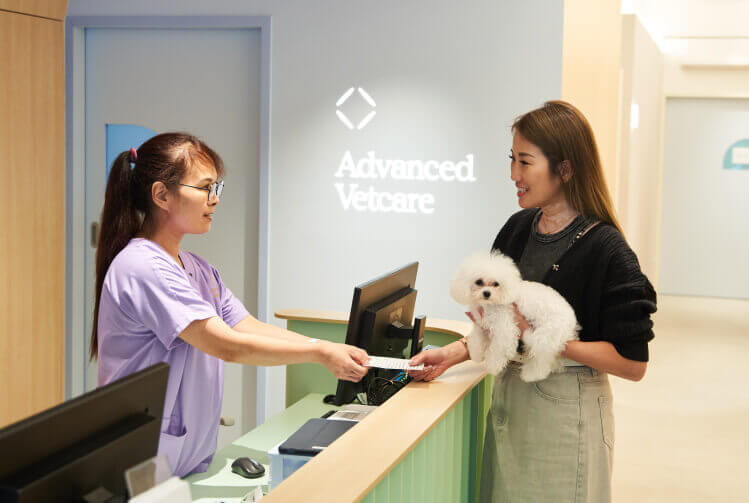PennHIP (Hip Dysplasia Screening)

Hip dysplasia is a progressive condition affecting the ball-and-socket joint in the hip, causing pain, stiffness, and abnormal joint wear due to the socket not fully covering the joint. This can lead to arthritis and is more common in dogs but can also affect small cats.
At Advanced Vetcare, we prioritize hip dysplasia management. As pets age, mobility issues can arise, and we aim to maximize their healthy years. Breeds like Golden Retrievers, Labradors, and German Shepherds are particularly susceptible, so we recommend testing at 16 weeks to enable early intervention if needed.
Screening Method:
PennHIP is the most effective screening method for hip dysplasia in both dogs and cats. Pets older than 16 weeks can be tested to assess their risk of developing the condition. This valuable information enables early intervention to prevent or mitigate the severity of hip dysplasia and osteoarthritis later in life.
How do I know if my pet has hip dysplasia?
Depending on the severity of the disease and joint arthritis, your pet may be displaying varying symptoms of joint pain:
- Limping that gradually gets worse
- Difficulty in climbing, jumping, running or rising
- Expressing pain when touched in the hip area
- Decrease of thigh muscle mass
- Stiffness or decreased range of motion in rear limbs
We take an approach that is both conservative and progressive. If PennHIP results indicate a high risk for hip dysplasia, we have two main options:
For dogs under 20 weeks: We typically recommend Juvenile Pubic Symphysiodesis (JPS)
For dogs over 9 months: A hip replacement may be the best course of action.
Additional options are available, and we strongly advise consulting with a trusted veterinary surgeon for the best course of action.
EarlyDetection
AccurateDiagnostic
ComprehensiveEvaluation







